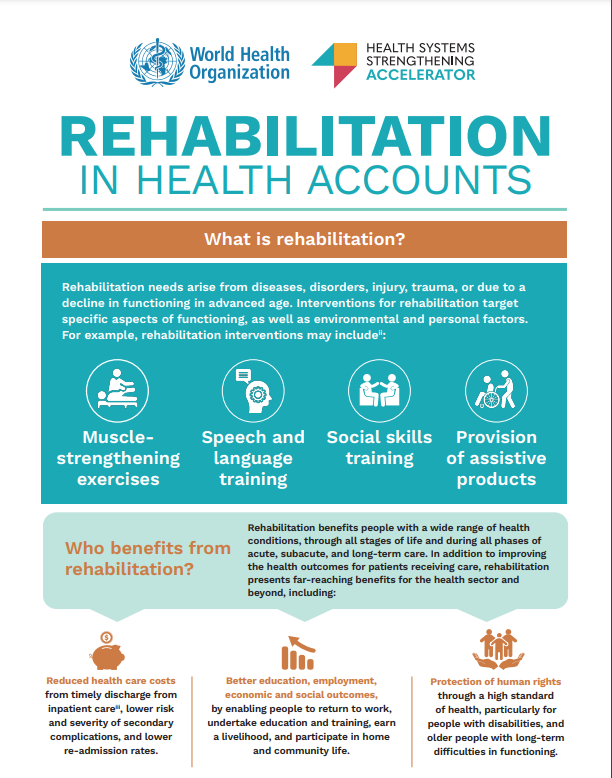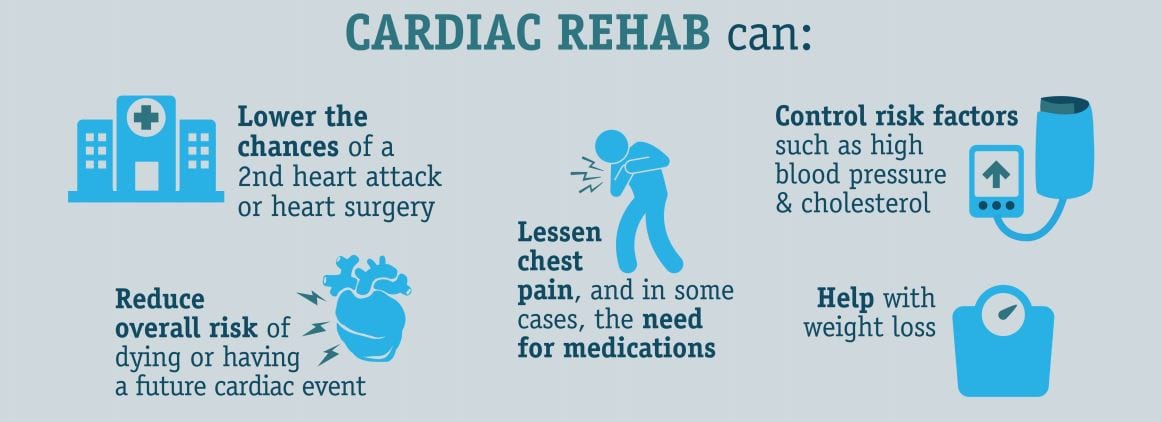The 8-Minute Rule for Narconon Africa
The 8-Minute Rule for Narconon Africa
Blog Article
Narconon Africa Can Be Fun For Everyone
Table of ContentsThe 30-Second Trick For Narconon AfricaThe Best Strategy To Use For Narconon AfricaFascination About Narconon AfricaHow Narconon Africa can Save You Time, Stress, and Money.Narconon Africa for BeginnersThe 3-Minute Rule for Narconon AfricaGetting The Narconon Africa To Work
In a collection of papers with Manudeep Bhuller and Katrine V. Lken, we overcome these data difficulties and the nonrandomness of jail time, providing new understandings into just how incarceration impacts regression, work, kids, and criminal networks - Ecstasy addiction recovery. Number 1 Our job studies the effects of imprisonment in Norway, a setup with 2 vital advantagesWe can better connect this details to various other member of the family, including youngsters and brother or sisters. We have information on co-offending that allows us to map out criminal networks for observed criminal offenses. Second, we can leverage the arbitrary task of criminal cases to judges that differ in their tendencies to send defendants to jail.
But some courts send offenders to jail at a high price, while others are a lot more tolerant. We gauge a judge's stringency as the average imprisonment price for all various other instances a court deals with, after controlling for court and year fixed effects, which is the degree of arbitrary assignment. This quasi-random job of judge stringency can be utilized as a tool for incarceration, as it strongly anticipates the court's choice in the current case, however is uncorrelated with other instance attributes both by style and empirically.
The Best Strategy To Use For Narconon Africa
Attributes of detainees, consisting of demographics and criminal offense categories, are extensively comparable in Norway and various other countries, including the United States, with the exceptions that the US murder price is a lot greater, and race plays a larger duty there. What sticks out as different, specifically compared to the United States, is the prison system.
Figure 2In Norway, the typical time spent in jail is a little over 6 months, which is similar to most various other Western European nations. This contrasts with ordinary US jail time of practically 3 years, which remains in big part the factor the USA is an outlier in its incarceration rate contrasted with the remainder of the globe [Figure 1]
Little Known Questions About Narconon Africa.
This offers far more separation in between small and hardened crooks than exists in the USA. There is no overcrowding in Norwegian jails and far better individual safety, with each detainee being assigned to their very own cell and a greater inmate-to-staff ratio than in the USA (https://narconon-africa-144820851.hubspotpagebuilder.eu/blog/narcononza12). Jails in Norway likewise provide well-funded education and learning, medication therapy, psychological wellness, and task training programs
Our study on the results of imprisonment on the transgressor, using the random job of courts as an instrument, yields 3 vital findings. Imprisonment discourages additionally criminal actions. We find that incarceration lowers the possibility that an individual will reoffend within five years by 27 percentage factors and reduces the equivalent variety of criminal fees per individual by 10 fees.
Top Guidelines Of Narconon Africa
We discover sizable declines in reoffending possibilities and cumulative billed criminal offenses even after defendants are released from prison. Our second result is that predisposition because of option on unobservable specific qualities, if neglected, leads to the wrong conclusion that time invested in jail is criminogenic. If we simply compare criminal defendants sentenced versus those not sent to prison, we discover favorable organizations between incarceration and succeeding criminal offense.
This stands in contrast to our evaluation based upon the random job of courts, which locates an opposite-signed outcome. Third, the reduction in criminal activity is driven by individuals who were not working before incarceration. Amongst these people, jail time raises involvement in programs guided at enhancing employability and decreasing recidivism, and this ultimately raises work and profits while dissuading criminal behavior.

Imprisonment triggers a 34 portion factor increase in involvement in task training programs for the previously nonemployed, and within 5 years their work rate boosts by 40 percent factors. At the same time, the probability of reoffending within 5 years is cut by 46 portion factors, and there is a decrease of 22 in the typical variety of criminal costs.
More About Narconon Africa

A probable description for the difference is that Norway's prison system differs noticeably, both in terms of prison-term length and jail problems, from the US jail system. While comprehending the impacts of imprisonment on the more helpful hints transgressor is an important primary step, capturing spillover results is likewise essential for examining criminal justice plan and developing efficient prison systems.
6 Easy Facts About Narconon Africa Explained

Average the very least squares approximates reveal that children of incarcerated daddies are 1 percentage factor much more most likely to be billed with a criminal offense, about a mean of 13 percent, and show no effect on college qualities. Using our judge stringency instrument, we locate no statistical proof that a daddy's incarceration influences a kid's own criminal activity or school qualities, but we are not able to rule out modest-sized effects.
Excitement About Narconon Africa
We define criminal groups based on network web links to previous criminal cases. When a criminal network member is incarcerated, their peers' likelihood of being billed with a future criminal activity lowers by 51 percentage factors over the next 4 years - https://za.enrollbusiness.com/BusinessProfile/6708867/Narconon%20Africa#.
Report this page